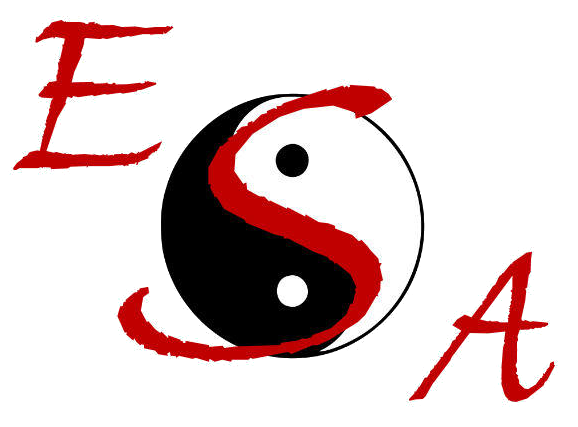Recent research has shown that dietary supplementation can be dangerous and lead to an increased risk of death. Here are two articles about this topic – BBC News and LiveScience.com. The research was only done on women and the death rate in women who took supplements versus those who did not was fairly small. However, research like this does call into question some of the daily health decisions we make. Obviously getting our nutrients from food is our best option, but most people think taking a dietary supplement to be a good way to prevent vitamin and mineral deficiencies.
I’ll admit to taking multi-vitamins at times. I’m sure many of you reading this take a multi-vitamin as well as other supplements. I’m not adding this post to discourage people from taking multi-vitamins or other supplements. However, I think it is important that people understand the consequences of their decisions. When it comes to supplementation it is best done at the recommendation of your doctor or other health care professionals. And definitely take any claims from the supplement manufacturers with a grain of salt.
With that said supplementation can sometimes be very useful. The herbal medicines I recommend to patients are considered “dietary supplements”. This is merely a legal definition and it is important to realize there is a difference between the supplements I recommend and the supplements being discussed in the research cited above. The articles I linked to are specifically discussing the dangers of taking excessive levels of vitamins and minerals, which over the long term, can build up to toxic levels in the body. Herbal supplements can also be dangerous to take long term, which is another reason to seek the advice of a qualified healthcare professional rather than just buying your supplements online or at your local grocery or health food store. Any supplementation also needs to be tailored to an individual’s needs, so be wary of recommendations that are aimed at a broad audience.



